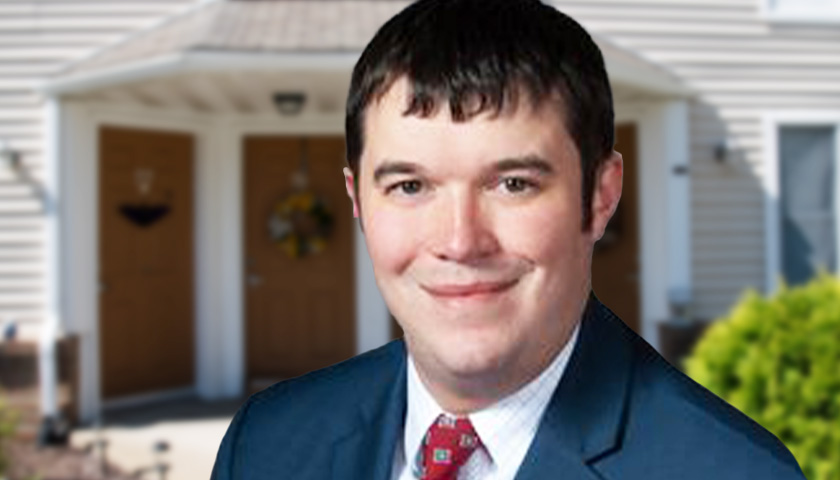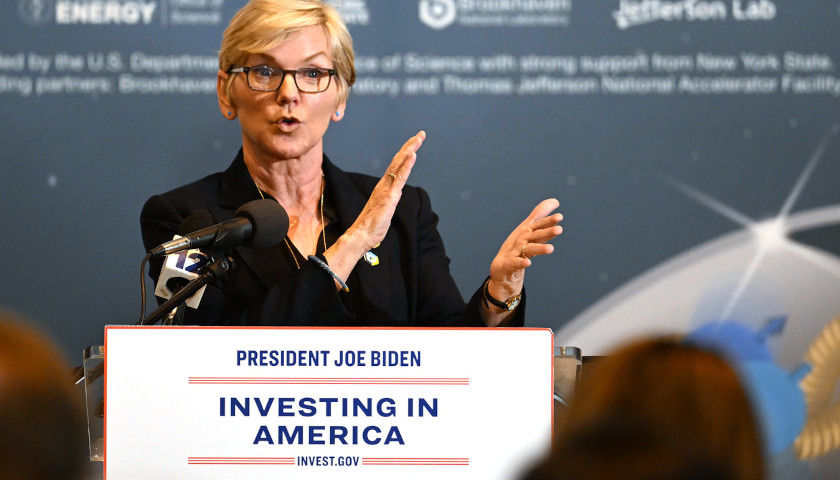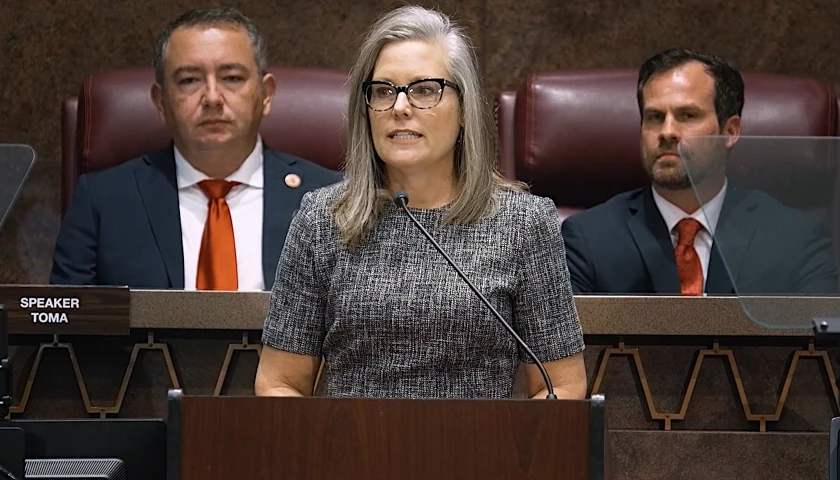by J.D. Davidson
Ohio landlords moved a step closer to staying off the hook for tenants’ large unpaid utility bills after the House passed a bill Wednesday over objections from municipalities and utility organizations.
The bipartisan bill, House Bill 422, came as a way to change a longtime process in the state that holds people who have not contracted for service liable for unpaid debts.
“The circumstances have been well defined in the legislation to ensure individuals who have contracted for service are held responsible for any unpaid debts, and this legislation will develop a process through the EPA to ensure an avenue for redress for undue fees,” said co-sponsor Rep. Mark Fraizer, R-Newark.
Ohio law puts the responsibility for debts accrued on property owners rather than tenants who contracted for the services but default. Municipalities can place a property tax lien on those properties.
The legislation would make any person who contracts to receive municipal utility service financially responsibility for the service. It also would establish an appeal process through the EPA for landlords.
“Essentially, my joint sponsor and I are trying to ensure that property owners are not stuck with excessive sewer and water bills racked up by a tenant who is delinquent in paying those bills,” testified Rep. Thomas West, D-Canton.
The city of Columbus argued the bill would limit utilities in recovering costs and negatively impact other consumers and interfere with municipal home rule authority.
“Columbus Department of Public Utilities ultimately holds property owners responsible for tenant bills because property owners have the closest relationship to the tenant and, as a result, they are often in the best position to ensure that unpaid balances are paid,” testified Ann Aubry, interim director of Columbus DPU. “Landlords are in a better position to track past due utility bills, communicate with tenants to arrange for payment and hold tenant rent deposits until past due utility bills are paid.”
Landlords throughout the state and the country have been caught in the middle during the COVID-19 pandemic with thousands of tenants unable to pay rent or other bills as businesses were shut down, slowed down or forced to close.
Ohio dedicated hundreds of millions of dollars in federal relief money to help with utility payments during the pandemic. Cities throughout the state also placed a moratorium on water and other utility shutoffs, but most of those ended at the end of 2020.
The Ohio Real Estate Investors Association called the current practice of establishing liens against properties unfair and possibly illegal.
“OREIA believes that HB422 provides a practical solution to a commonsense issue whereby individuals who have not contracted for service are made liable for unpaid charges that were accrued by someone else,” testified Dan Acton, director of governmental affairs of OREIA.
– – –
J.D. Davidson is a veteran journalist at The Center Square with more than 30 years of experience in newspapers in Ohio, Georgia, Alabama and Texas. He has served as a reporter, editor, managing editor and publisher.








